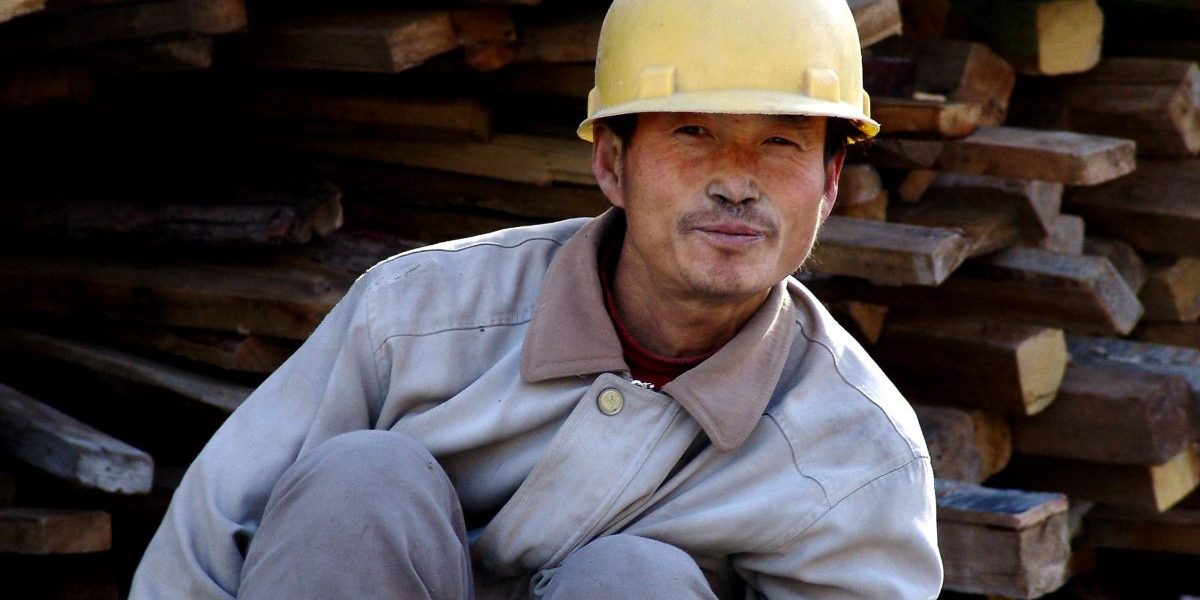But in 2015, C&H Garments, a Chinese garment factory, began operations in Kigali under an arrangement to train and hire the Rwandan workforce. This paper finds that the Rwandan government’s shift towards creating jobs in the manufacturing sector, and implementation of national requirements for training and hiring local workers, have been key to negotiating an agreement with a Chinese investor that supports technology transfer in Rwanda. In the process, this case demonstrates how African governments can require foreign investors in manufacturing to implement skills transfer programs to facilitate structural transformation in their countries. However, the C&H factory has also faced obstacles to successful technology transfer, including cultural and linguistic differences; this paper suggests closer regional ties and the exchange of trained African managers between countries may help remedy these issues. Finally, this study is significant given that the Rwandan government’s desire to boost local manufacturing capacity has been at the center of recent trade tensions between Rwanda and the United States under the African Growth and Opportunity Act (AGOA).








